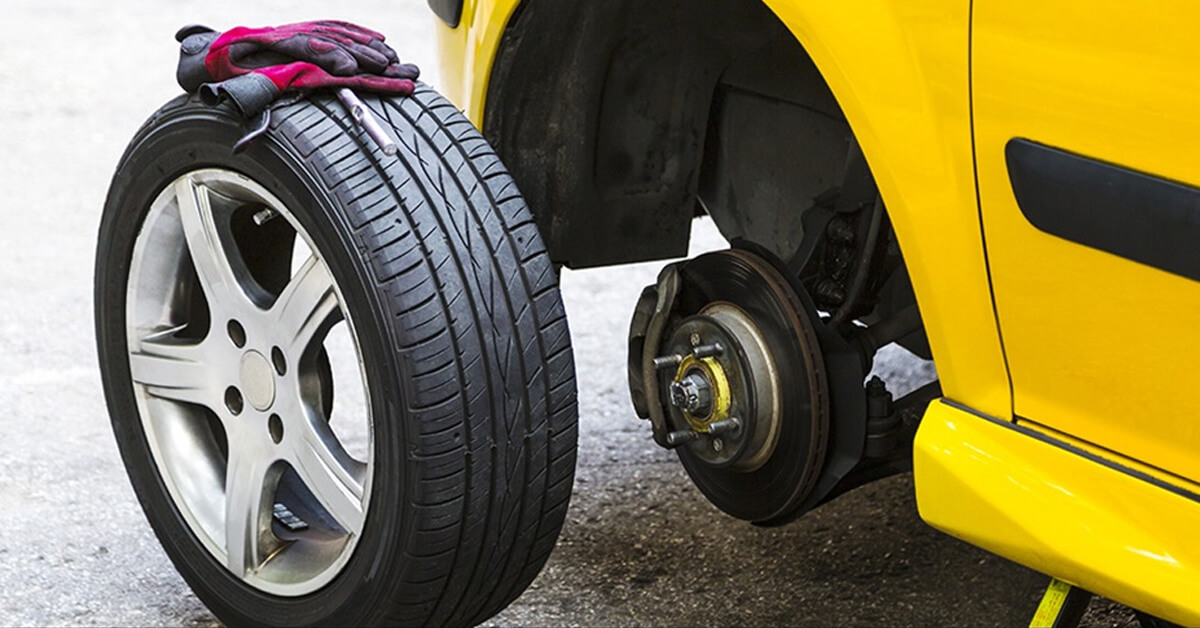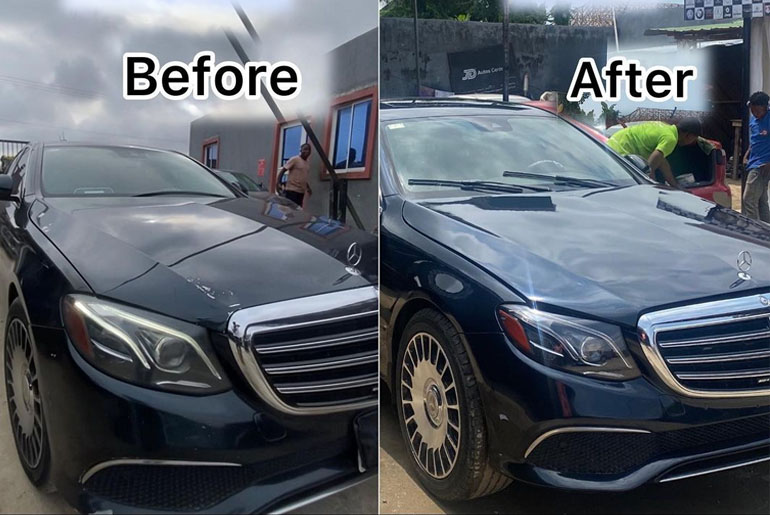Whether shopping for heavy-duty truck tires or light-duty automobile tires, car owners should never buy cheap tires. Car tires are one of the most essential components of the car, and when purchasing car tires, they must be of all-around quality to avoid issues in the long run.
With so many different types on the market today, everything from all-season to touring or racing and those designed for specific seasons, buying a set of these for a vehicle at the same time is often terrifying. However, to avoid repeatedly buying car tires, practice tire care tips.
Once you’ve installed it, here are the best tire care tips to keep drivers safe and save money in the process.
- Always Check Tire Pressure Regularly
When taking a vehicle in for an oil change, many mechanics also check tire pressure as a part of the service. However, auto experts at Allstate Insurance recommend consumers check the amount of air at least once a month.
This includes the spare, and it’s best to check the pressure when the tires are cool and haven’t been driven in several hours. For every 10 degrees the temperature drops, the amount of pressure can be reduced by one to two PSI (pounds per square inch).
- Inspect Tire Safety and Its Surfaces
Be sure to check pressure following occurrences when the tires have come into contact with curbs, potholes or after driving on problematic surfaces like gravel roads or construction sites.
Sharp rocks, nails, and other pointed objects have the ability to puncture a tire regardless of its age or condition.
A slow leak may lead to an eventual flat. An underinflated tire could create a state of unsafe driving conditions. Identifying this problem sooner rather than later could mean the difference between an inexpensive repair compared to a more costly replacement.
- Perform Regular Tire Rotation
Depending on the manufacturer’s recommendations, often the number of miles traveled will coincide with the time tires are recommended to be rotated. According to Cars.com, this will occur every 7,500 miles or six months in some cases.
However, some newer car models can go up to 15,000 miles without an oil change, and that’s too long to wait for a rotation. Again, there are many oil change shops that also have vulcanizers. These shops will perform both of these services at one location to save consumers time and money.
There are different reasons why regular rotation will save money and extend the life of tires. For vehicles with front-wheel drive, these tires perform most of the work. With most cars, the engine and transmission weight will place a bigger burden on these wheels. This is why rotating tires on all models, including all-wheel and four-wheel-drive vehicles, is important.
- Check for Tire Wear-and-Tear
During the time spent with a pressure gauge, take a few minutes to check for normal and unusual wear and tear. This includes the tread, sidewalls, and areas around the valve stem and rim. Cracks, scratches, tears, uneven spots, and bulges are all cause for concern. Look for subtle differences in tread wear that could signal a problem with the vehicle’s alignment, especially with the front tires.
When in doubt, take the vehicle to a licensed mechanic or tire vendor to get their professional opinion. In the case of uneven wear, ensuring proper ongoing alignment exists will be less expensive than purchasing tires prematurely stemming from unnecessary wear.
Conclusion
You might use a vehicle tire for many years without replacing them. But that can only be achieved through regular car tire care and maintenance. To achieve this goal, prioritize caring for your car tire.







